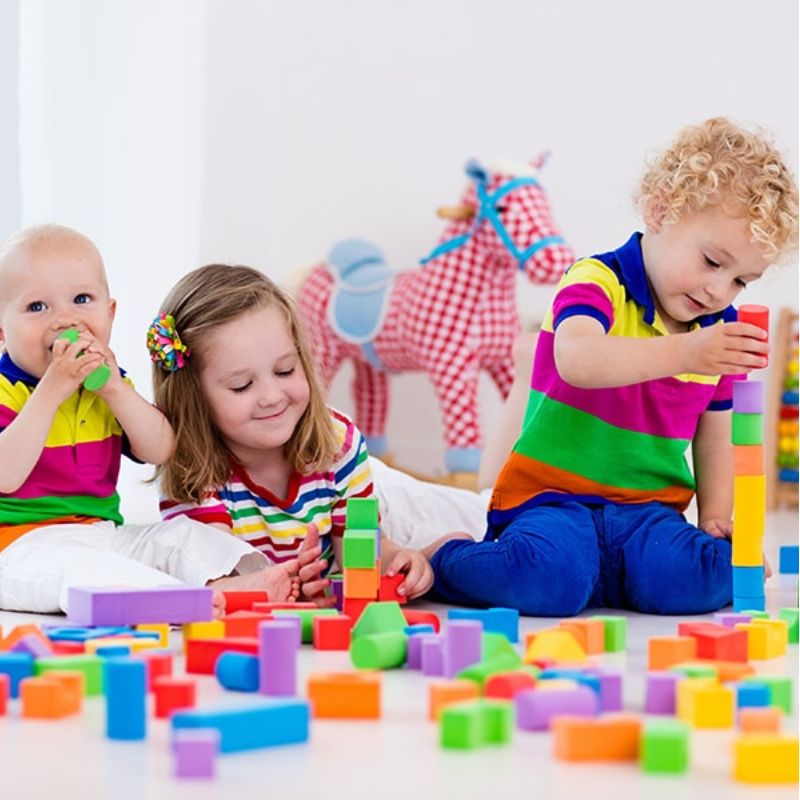
Why Sensory Play Matters: Montessori Toys That Help
Share
Why Sensory Play Matters: Montessori Toys That Help
Sensory play is more than just fun—it's essential for your child's brain development. Using Montessori toys designed for sensory engagement can help toddlers learn about the world through touch, sound, sight, and movement, all while building confidence and independence.
What Is Sensory Play?
Sensory play involves activities that stimulate a child’s senses—touch, smell, sight, taste, and hearing. It supports language development, motor skills, problem-solving, and social interaction.
Montessori education naturally integrates sensory play with hands-on, real-life materials that let children explore, experiment, and discover at their own pace.
Benefits of Sensory Play in Early Childhood
Improves fine and gross motor skills
Encourages independent thinking
Strengthens memory and concentration
Builds language and communication skills
Calms anxious or overwhelmed children
Montessori toys offer open-ended play, allowing kids to explore with purpose and learn through repetition.
Montessori Toys That Encourage Sensory Play
Here are some of the best Montessori-inspired toys that support sensory development:
1. Busy Boards
These boards include zippers, buckles, buttons, and laces. They help children practice everyday life skills while developing fine motor strength.
✅ Helps with: Coordination, independence, problem-solving
2. Wooden Shape & Texture Sorters
These toys introduce textures, shapes, and sizes. Children learn to match by feel, enhancing their tactile awareness.
✅ Helps with: Sensory discrimination, critical thinking
3. Montessori Sound Boxes or Bells
These toys focus on auditory discrimination. Kids shake, listen, and compare different sounds.
✅ Helps with: Listening skills, rhythm, concentration
4. Stacking and Nesting Cups
Ideal for tactile and visual exploration. Children love pouring, stacking, and sorting—building spatial awareness and logic.
✅ Helps with: Depth perception, fine motor skills
5. Sensory Bins with Natural Materials
Use safe materials like dry rice, beans, or sand, and include scoops or small toys for exploration.
✅ Helps with: Open-ended play, creativity, and imagination
Tips for Parents
Keep sensory activities simple and supervised
Rotate toys to maintain curiosity
Allow your child to lead the play
Always follow your child’s interests and developmental level
Final Thoughts
Montessori toys are designed with purpose—they aren’t flashy or electronic, but they spark deep, meaningful learning. Incorporating sensory play into your child’s day supports their natural curiosity and love for exploration.
